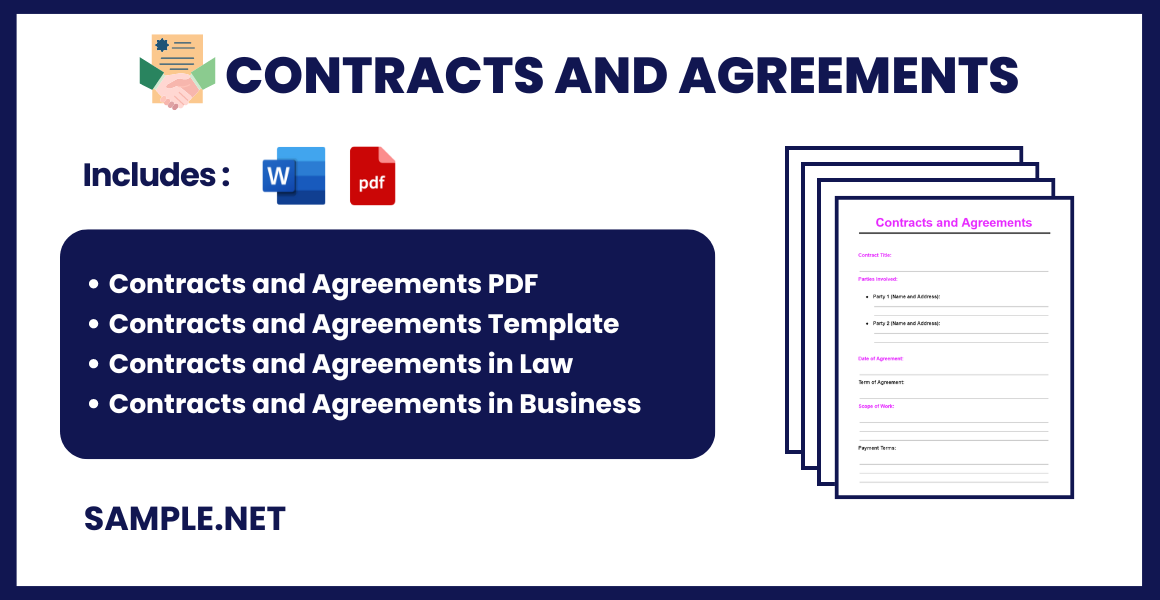Contracts and Agreements Samples
-
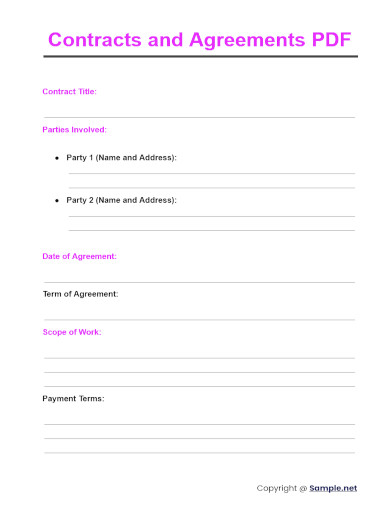
Contracts and Agreements PDF
download now -
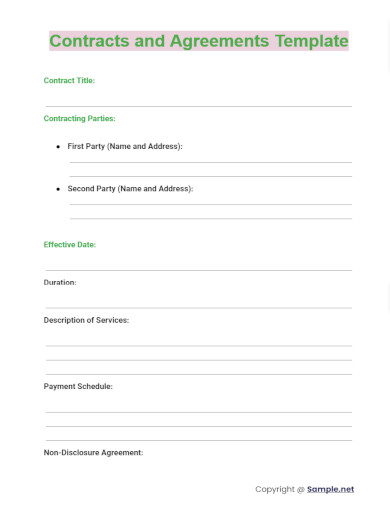
Contracts and Agreements Template
download now -
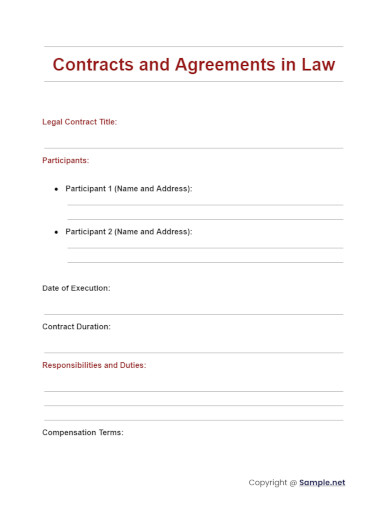
Contracts and Agreements in Law
download now -
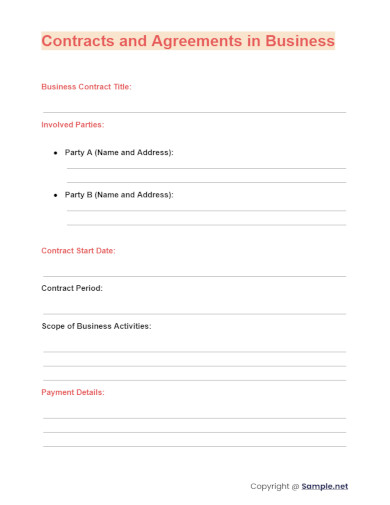
Contracts and Agreements in Business
download now -
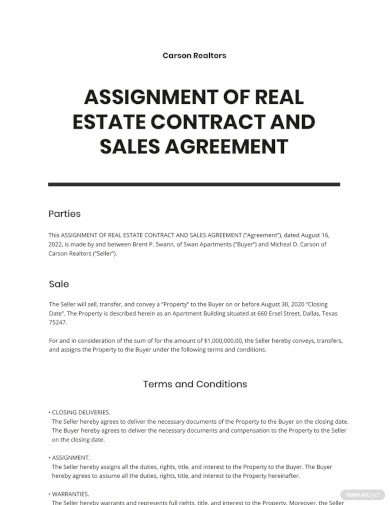
Assignment of Real Estate Contract and Sale Agreement Template
download now -
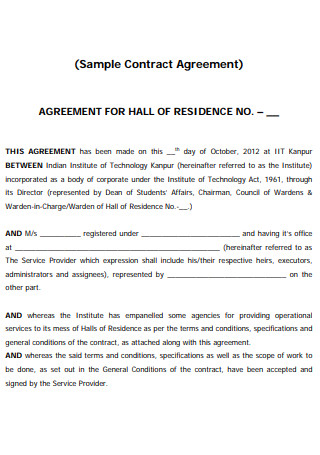
sample-contract-agreement
download now -
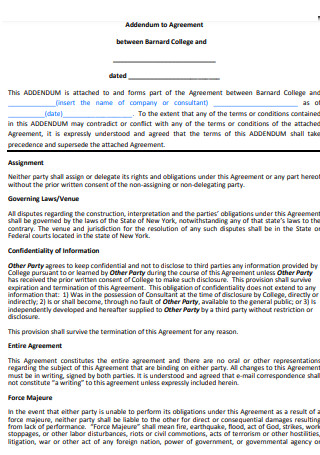
addendum-to-agreement-and-contract-between-barnard-college
download now -
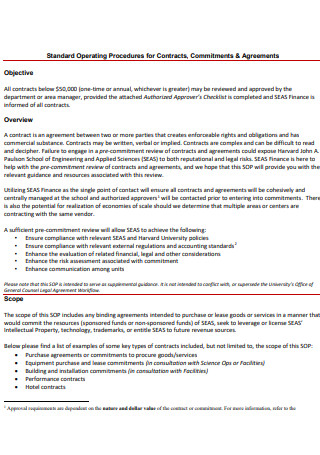
standard-operating-procedures-for-contracts-commitments-and-agreements
download now -
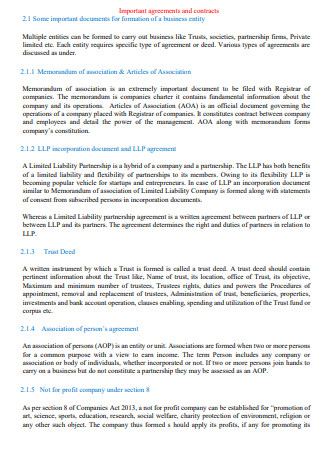
important-agreements-and-contracts
download now -
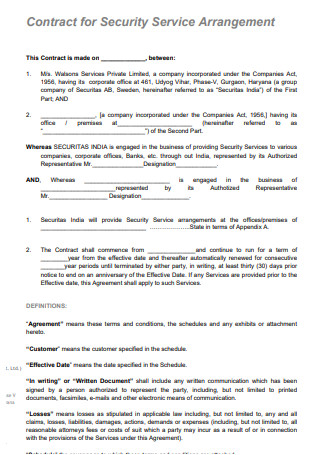
contract-for-security-service-arrangement
download now -
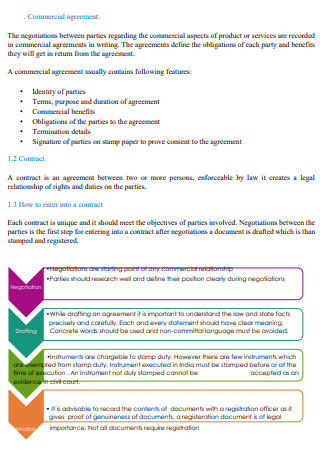
event-commercial-agreement
download now -
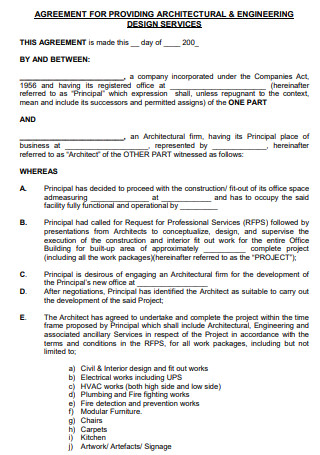
agreements-for-providing-architectural-and-engineering
download now -
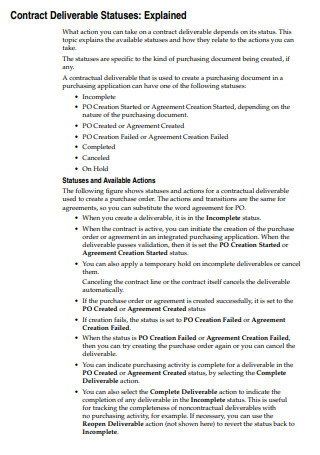
contract-deliverable-statuses-explained
download now -
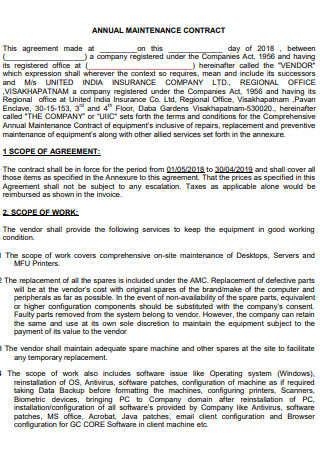
annual-maintenance-contract
download now -
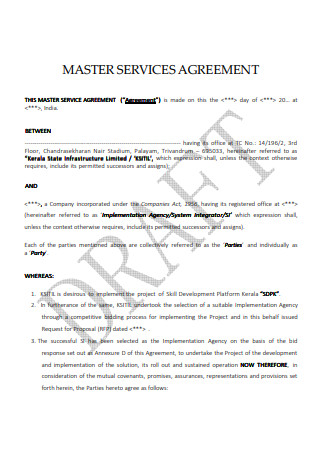
master-service-arrangement
download now -
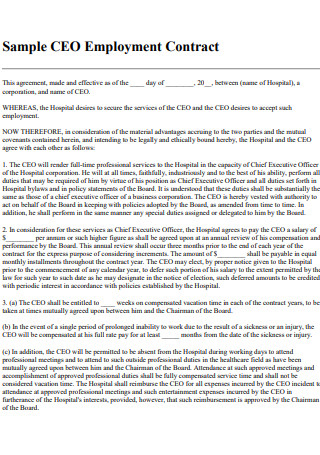
Sample ceo employment Contract
download now -
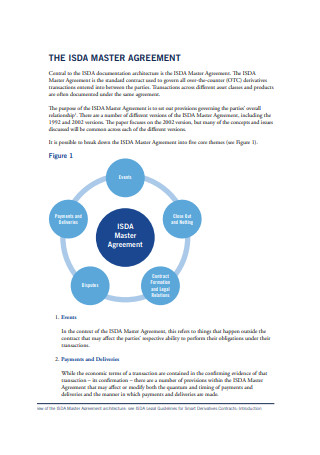
ISDA Master Agreement
download now -
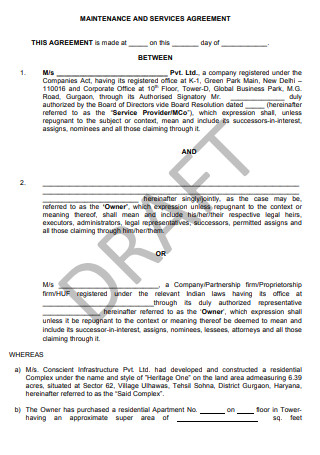
Maintenance and Service Agreement
download now -
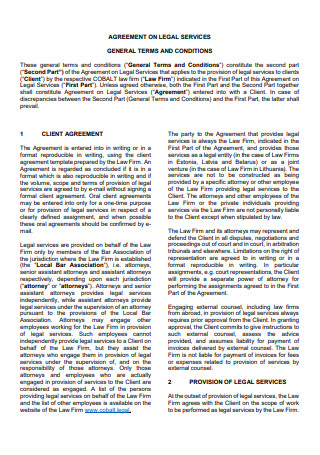
Agreement on Legal Service
download now -
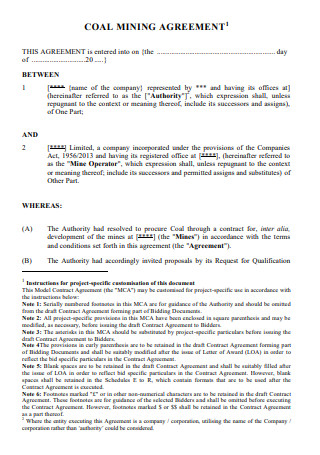
Coal Mining Contract and Agreement
download now -
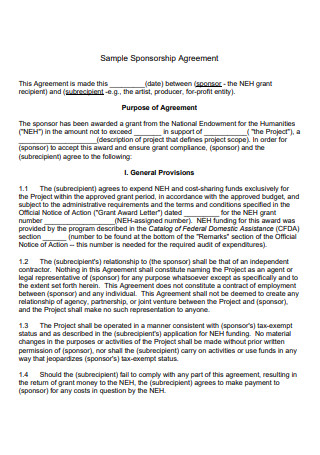
Sample Sponsorship Agreement
download now -
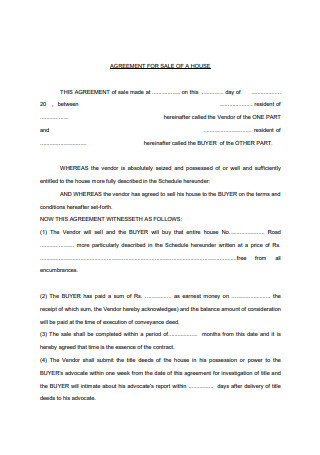
Agreement for Sale of a House
download now -
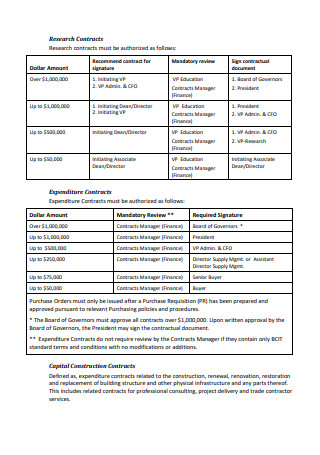
Research Contract
download now -
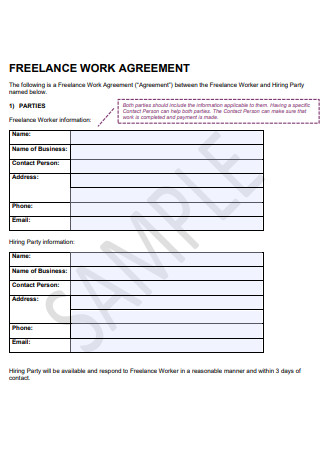
Freelance Work Agreement
download now -
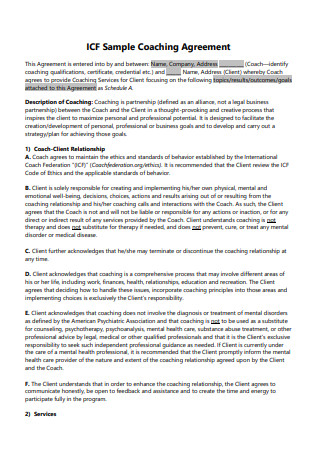
ICF Sample Coaching Agreement
download now -
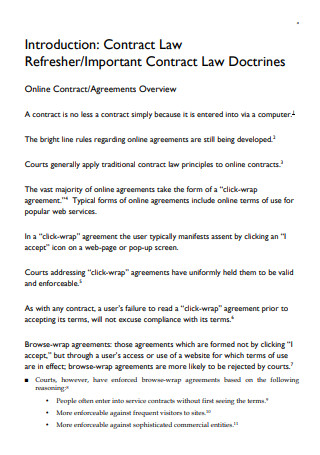
Important Contract Law Doctrines
download now -
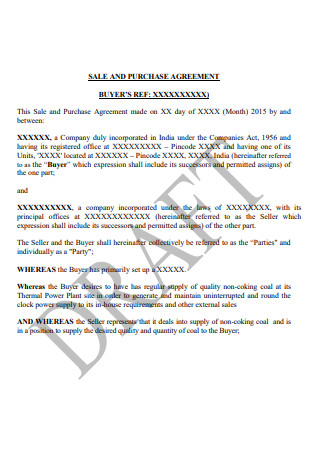
Sale and Purchase Agreement
download now -
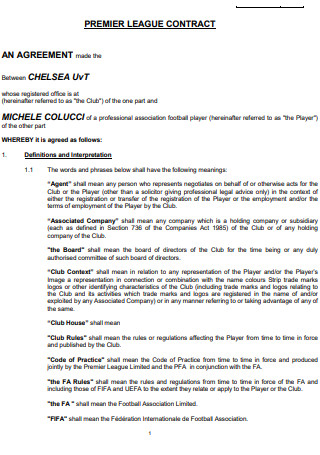
Premier League Players Contract
download now -
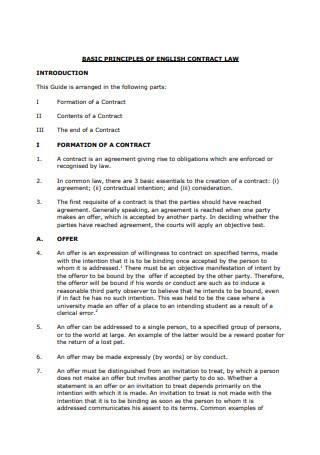
Basic Principles of English Contract Law
download now -
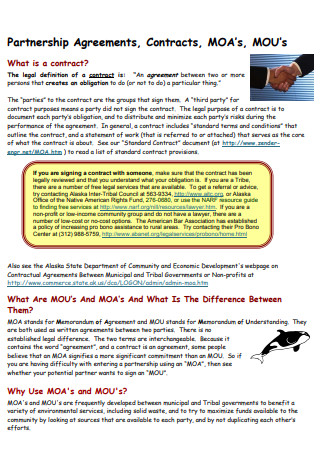
Partnership Agreements, Contracts MOA’s MOU’s
download now -
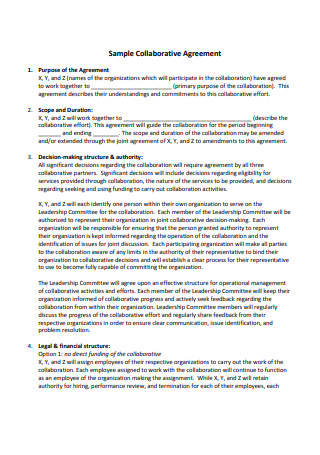
Sample Collaborative Agreement
download now -
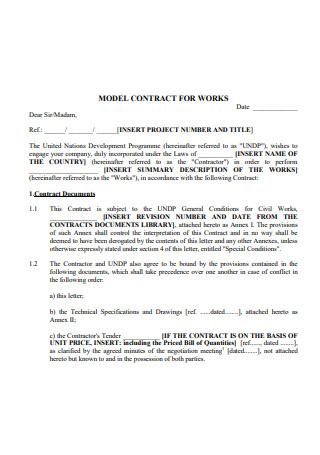
Model Contract for Works
download now -
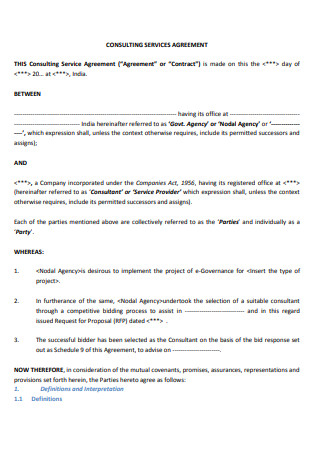
Consulting Services Agreement
download now -
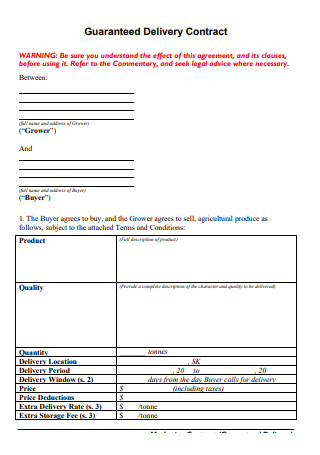
Guaranteed Delivery Contract
download now -
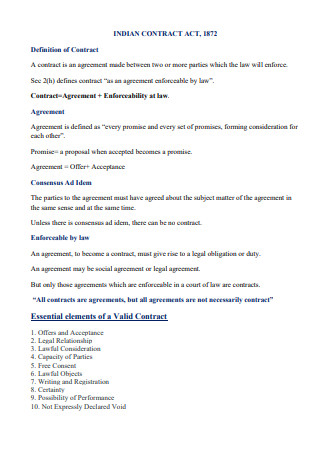
Indian Contract Acts
download now -
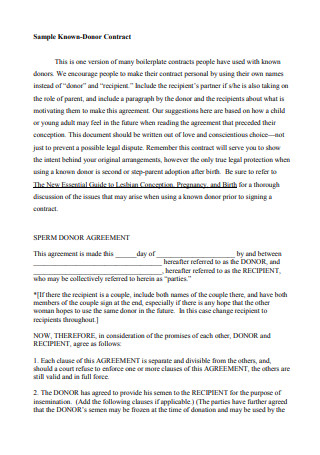
Sample Known Donor Contract
download now -
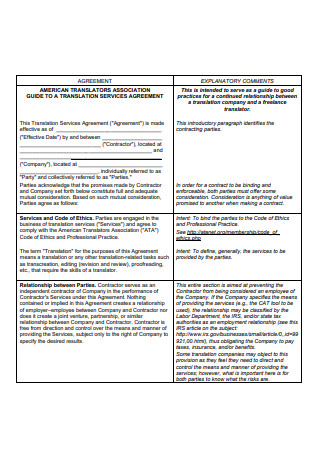
Translation Services Agreement
download now -
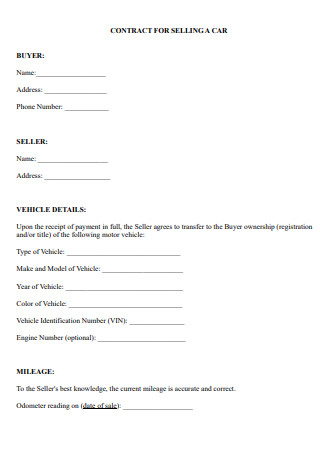
Contract for Selling a Car
download now -
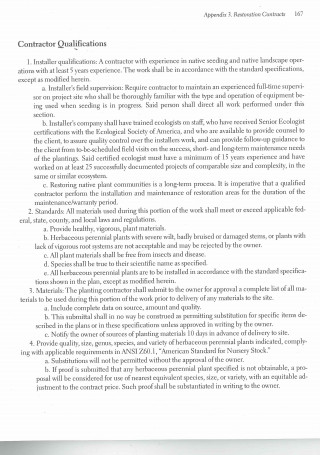
Contractors Qualifications
download now -
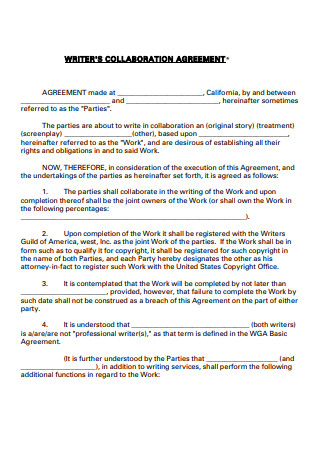
Writers Collaboration Agreement
download now -
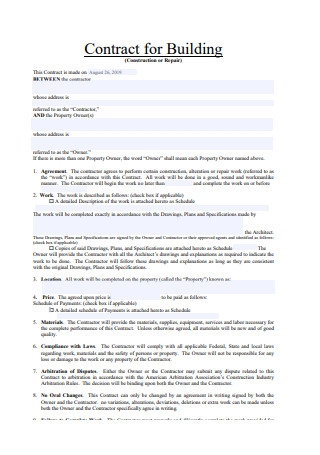
Contract for Building
download now -
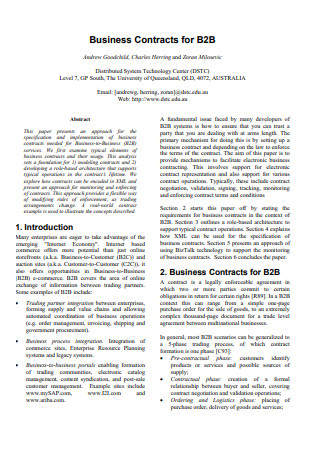
Business Contracts for B2B
download now -
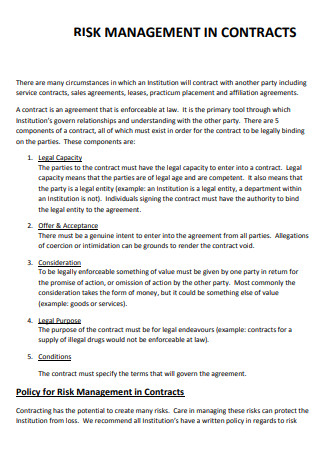
Risk Management in Contracts
download now -
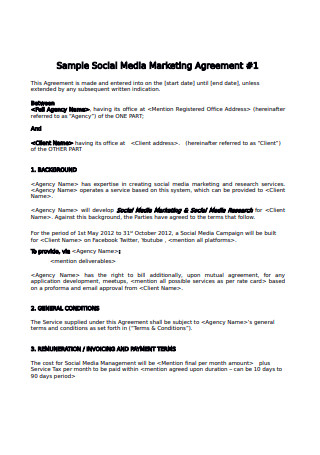
Sample Social Media Marketing Agreement
download now -
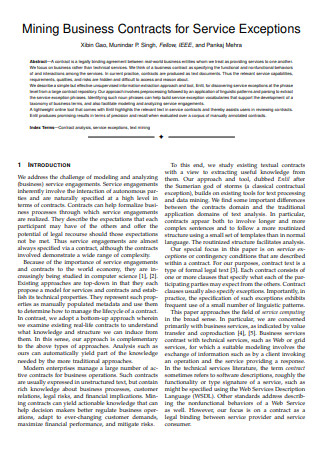
Mining Business Contracts for Service Exceptions
download now -
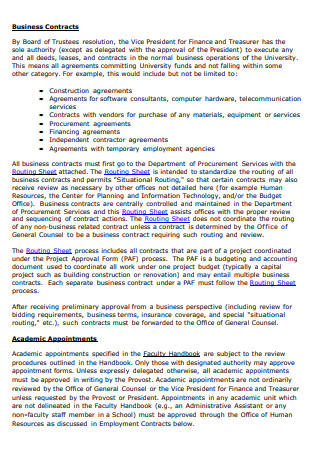
Business Contracts
download now -
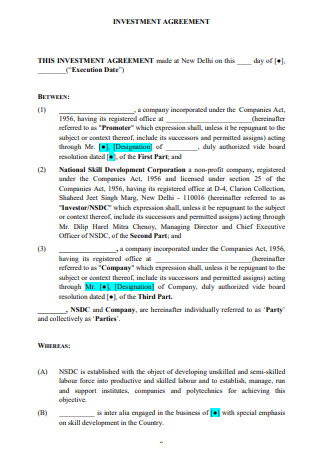
Investment Agreement
download now -
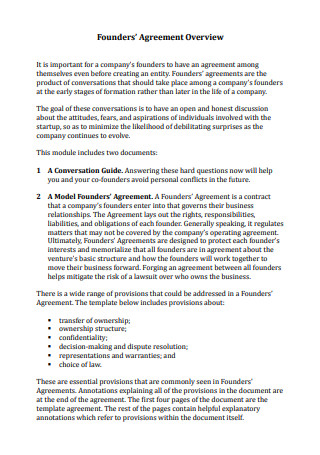
Founders Agreement Overview
download now -
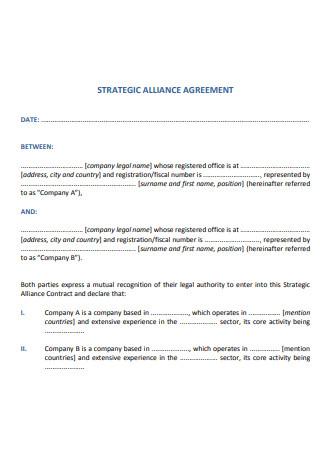
Strategic Alliance Agreement
download now -
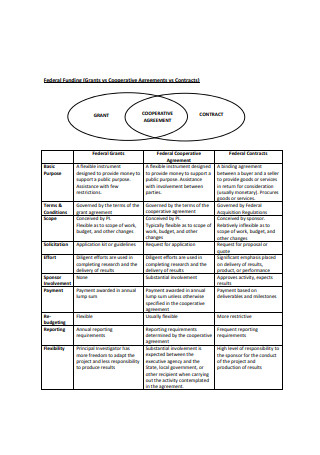
Grants vs Cooperative Agreements vs Contracts
download now -

Contracts
download now -
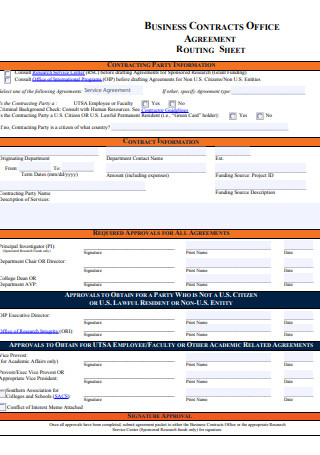
Business Contracts Office Agreement Routing Sheet
download now -
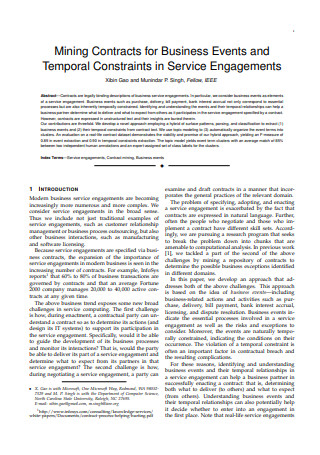
Mining Contracts for Business Events
download now -
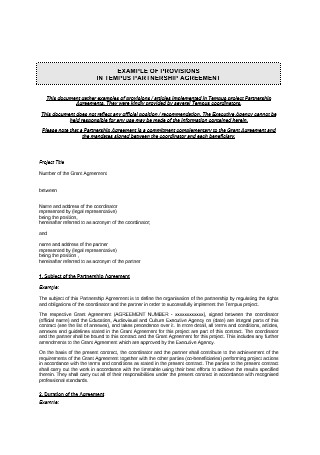
Partnership Agreement
download now -
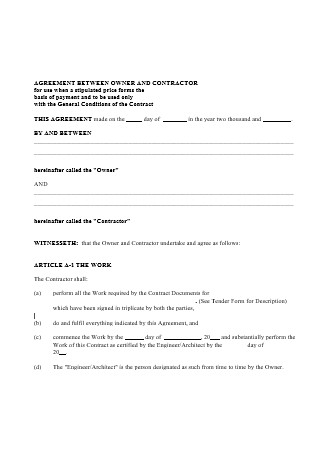
Agreement Between Owner and Contractor
download now -
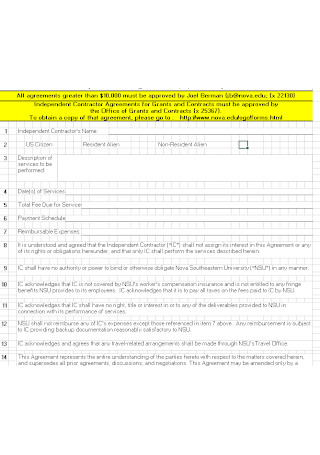
Independent Contractor Agreements
download now
FREE Contract & Agreement s to Download
Contracts and Agreements
Contracts and Agreements Samples
What is Contracts and Agreements?
Types of Contracts and Agreements
Essentials to Create an Enforceable Contract and Agreement
The Dos and Don’ts of a Contract and Agreement
What’s the difference between a contract and an agreement?
What are the 4 basics of a contract?
What are the 3 C’s of contract law?
How to make a contract invalid?
Why are all agreements not contracts?
What are the five remedies for breach of contract?
How to legally enforce a contract?
Are all agreements legally enforceable?
Who are the two parties to a contract?
Are all contracts legally binding?
What makes an agreement legally binding?
What is the last part of a contract called?
Does mental illness void a contract?
How to spot a fake contract?
Download Contracts and Agreements Bundle
Contracts and Agreements
Title
- Contract Title: [Title of the Contract]
Parties Involved
- Party 1: [Name and Address]
- Party 2: [Name and Address]
Terms and Conditions
- Term: [Duration of the Contract]
- Scope of Work: [Description of Services or Products]
- Payment Terms: [Payment Amount and Schedule]
- Confidentiality: [Confidentiality Clauses]
- Termination: [Conditions for Termination]
Responsibilities
- Responsibilities of Party 1: [Description]
- Responsibilities of Party 2: [Description]
Signatures
- Party 1 Signature: [Name and Title]
- Party 2 Signature: [Name and Title]
- Date: [Date of Signing]
What is Contracts and Agreements?
A Contract and Agreement is a legally binding document between two or more parties outlining their rights, duties, and obligations. It can be written or verbal but is typically written for clarity and enforceability. Essential elements include offer, acceptance, consideration, and mutual consent. Contracts are used in various contexts, such as employment, business sales, and services. Clear understanding and proper execution of contracts are crucial for protecting interests and ensuring legal compliance.
Types of Contracts and Agreements
There are several different types of contracts and agreements, including those that are specific to certain industries and those that overlap. Using these legal documents to solidify the arrangements made between yourself and other parties is essential in the world of business. If you intend to get into a formal relationship with clients or shareholders, understanding the purpose of each contract and agreement type is sure to provide your business with the right level of legal protection to continue operations.
Essentials to Create an Enforceable Contract and Agreement
While agreements only need a mutual understanding of each party’s rights and responsibilities in the arrangement, contracts contain key elements that are more stern and precise. These requirements will determine whether the contract may be enforced in a court of law. As long as the agreement meets all of the necessary components, it will constitute a valid and legally binding contract.
The Dos and Don’ts of a Contract and Agreement
Businesses of all sizes rely on contracts and agreements to operate effectively on a day-to-day basis. But the complexity and value of these documents require parties to fully understand how contracts and agreements should be made to avoid serious problems down the road. To get the best possible deal in the negotiation and protect your business from unwanted issues, knowing what to do and what not do in agreement and contract writing is sure to generate favorable outcomes.
The Dos
1. Do agree on definitions.
All major terms included in the contract or agreement should be defined completely. Incomplete or missing definitions only make it difficult for parties to grasp the true meaning of each clause based on what the author originally had in mind. Note that certain terms can be interpreted differently from business to business. Thus, professional contracts must spell out exactly what is meant by these terms to avoid confusion and misinterpretation. You also browse our Loan Agreement
2. Do identify the other party.
Properly identifying the parties involved is crucial in contract writing. In most cases, it isn’t you personally who is entering into the contract rather, the company or organization that you represent. Businesses that have subsidiaries or a part of a holding company must also indicate this matter in the document. Experts suggest conducting your own research on the identity of the other party to make sure you know exactly who you are getting yourself involved with. You also browse our Lease Agreement
3. Do limit the use of jargon.
Contrary to what many believe, speaking in legalese is not an inevitable part of contract writing. This style of writing can be risky for companies that deal with clients from a different line of business, as it’s likely that one party’s interpretation of these scope statements would vary from the other party’s definition. Jargon can also cause complications among parties from opposite sides of the industry. If necessary, you could include these technical terms in the glossary of your contract or agreement. This approach will make it easy for the parties to understand the duties, rights, and procedures of the arrangement that concern them. You also browse our Service Level Agreement
4. Do be wary of ambiguity.
When it comes to written contracts and agreements, ambiguity can be a common cause of disputes among parties. It is considered ambiguous once readers can find more than one way to interpret what is written in the document. Although matters like this can often be resolved through further discussions, there are instances when the parties would have to raise the document to court for proper evaluation. Vague terms, words, phrases, or definitions in a contract are usually examined through the common usage, parol evidence, industry usage, implied meaning, or prior dealings that will help the court understand the parties’ intentions.
5. Do get a second opinion.
It’s never a good idea to sign a contract or agreement without the assistance of an attorney. It’s best to take the document to a lawyer that specializes in contract writing as well as the laws in your state. You don’t have to let the attorney rewrite the whole thing, but you can consult them for advice regarding any changes that need to be made. This will also give you a better idea of what’s at stake before any of you get the chance to end the negotiations and finalize the deal. You also browse our Lease Renewal Agreement
The Don’ts
1. Don’t mislead the other party.
Any comment you make, whether it’s in an email or a telephone conversation, may become a part of the contract itself even if it wasn’t in your intention. Hence, you need to be mindful of how you communicate with other parties. Choose your words carefully and make sure your statements don’t give the wrong ideas. If you have reason to believe that the other party might have received false or inaccurate information, immediately make the necessary corrections before things get any worse. You also browse our Coaching Agreement
2. Don’t use more words than necessary.
Using an excessive amount of words can potentially cause problems in the way your statements are understood and interpreted. When drafting your provisions, you have to consider the possibility that the difference between two relatively similar terms can sometimes be difficult to distinguish. If anything, you’re better off with keeping it simple. It’s more important to focus on communicating with clarity than it is to impress your peers with complex wording. That way, you can deliver your points clearly enough for readers to fully grasp.
3. Don’t include terms and conditions that are hard to understand.
It’s not enough to simply have an idea of what one party is trying to convey, as this will only lead to arguments later on. Choosing to settle with the terms and conditions without proper understanding could jeopardize your business in the worst way possible. Without your knowledge, you could be entering into an agreement that will hinder your business from attaining success. Knowing the exact meaning of each provision is crucial to the current and future state of your company. You also browse our Franchise Agreement
4. Don’t assume.
In connection with the previous item, you don’t want to assume what something means even if it is already written on paper considering how you and the other party could be thinking of two different meanings. It’s best to have everything clarified as soon as possible before moving forward to the next step of the process. Feel free to ask questions and make follow-ups if certain clauses seem unclear to you or need to be rewritten.
5. Don’t sign the contract without reviewing.
Never allow the contract or agreement to be executed without getting the chance to review the document along with its references. It’s easy to make alterations without your knowledge for a party’s personal gain. You have to make sure that the contents of the agreement continue to reflect the interests of both parties. If you have reason to believe that the contract had been compromised without your permission, you can opt to back out of the agreement before it’s too late. You also browse our Vendor Agreement
What’s the difference between a contract and an agreement?
A contract is legally binding, while an agreement may not be. Here’s how they differ:
- Legality: Contracts are enforceable by law. Agreements might lack this enforceability.
- Components: Contracts require offer, acceptance, and consideration. Agreements might miss formal elements.
- Purpose: Contracts formalize obligations. Agreements outline intentions.
- Examples: Payment Agreement as a contract; handshake deals as agreements.
- Enforcement: Contracts are enforceable in court. Agreements without legal backing are not. You also browse our Commission Agreement
What are the 4 basics of a contract?
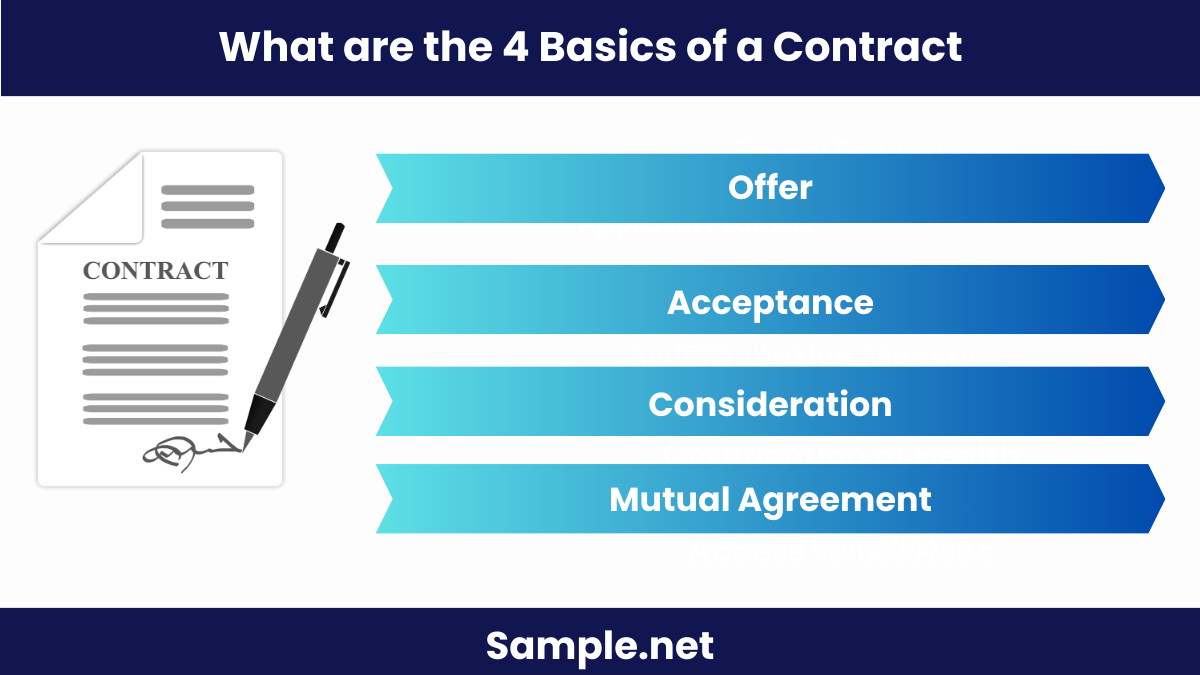
The four basics of a contract ensure its legality and enforceability. These elements are crucial for a valid contract.
- Offer: One party proposes terms. Clear and definite terms must be presented.
- Acceptance: The other party agrees to the terms. Acceptance must match the offer exactly.
- Consideration: Something of value is exchanged. Can be money, services, or goods.
- Mutual Agreement: Both parties consent to the contract. Also known as a “meeting of the minds.” You also browse our Construction Contract Agreement
What are the 3 C’s of contract law?
The three C’s of contract law are essential principles ensuring fairness and clarity in contractual relationships.
- Consent: All parties must agree willingly. Consent must be informed and free from coercion.
- Capacity: Parties must have the legal ability. Includes age and mental soundness.
- Consideration: Each party must provide something of value. Ensures that the contract is a Mutual Agreement.
How to make a contract invalid?
Invalidating a contract can occur if certain conditions are met, rendering it unenforceable by law.
- Duress or Coercion: If signed under pressure. Lack of free will invalidates the contract.
- Fraud or Misrepresentation: False statements lead to invalidity. Must prove deception.
- Illegality: Contracts for illegal activities are void. Legality is crucial.
- Lack of Capacity: Parties must be capable. Minors or mentally incapacitated cannot contract.
- No Consideration: Without something of value exchanged, a contract is void. You also browse our Employee Training Agreement
Why are all agreements not contracts?
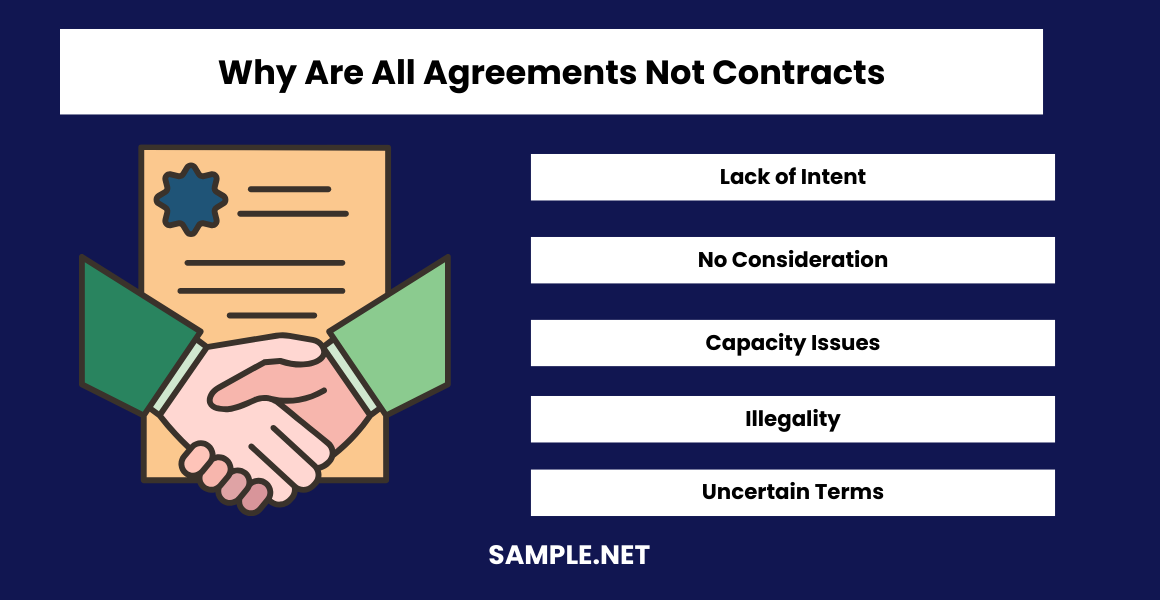
Not all agreements qualify as contracts because they might lack essential legal elements.
- Lack of Intent: Not intended to be legally binding. Social agreements often lack this intent.
- No Consideration: Agreements without exchange of value. Consideration is necessary for a contract.
- Capacity Issues: Parties might lack legal capacity. Minors or incapacitated individuals.
- Illegality: Agreements involving illegal acts. These cannot be contracts.
- Uncertain Terms: Vague terms make enforcement impossible. Contracts need clear terms. You also browse our Vehicle Sale Agreement
What are the five remedies for breach of contract?
When a contract is breached, several remedies are available to the wronged party.
- Damages: Monetary compensation for losses. Covers actual and sometimes punitive damages.
- Specific Performance: Court orders fulfillment. Used when damages are insufficient.
- Rescission: Contract is canceled. Parties return to pre-contract positions.
- Reformation: Contract terms are rewritten. Corrects mistakes or reflects true intent.
- Restitution: Return of any conferred benefits. Ensures fairness and prevents unjust enrichment. You also browse our Loan Contract
How to legally enforce a contract?
Enforcing a contract requires legal steps to ensure compliance by all parties.
- Written Documentation: Have a written contract. Clear and detailed terms are essential.
- Proof of Agreement: Show evidence of mutual consent. Includes signatures and witness testimony.
- Legal Capacity: Ensure parties are legally capable. Adults of sound mind.
- Court Petition: File a lawsuit for enforcement. Courts can compel compliance.
- Investment Agreement: This Investment Agreement use specific agreements for clarity. Ensures clear expectations and obligations. You also browse our Sales Consignment Contract
Are all agreements legally enforceable?
Not all agreements are legally enforceable. Only agreements meeting legal requirements, like a Job Contract with offer, acceptance, and consideration, are enforceable by law.
Who are the two parties to a contract?
The two parties to a contract are the offeror, who proposes the terms, and the offeree, who accepts them, such as in a Product Supply Contract.
Are all contracts legally binding?
Not all contracts are legally binding. For example, Private Contract must meet legal criteria, including consent, capacity, and consideration, to be enforceable.
What makes an agreement legally binding?
An agreement becomes legally binding with clear offer, acceptance, consideration, and mutual consent, ensuring enforceability, like in a Marketing Contract.
What is the last part of a contract called?
The last part of a contract is called the “execution” section, where parties sign and date, finalizing the Company Contract.
Does mental illness void a contract?
Mental illness can void a contract if it impairs the ability to understand the terms, as seen in Consultant Contract disputes.
How to spot a fake contract?
Spot a fake contract by checking for inconsistencies, lack of official letterhead, missing signatures, and dubious terms, like in an Apartment Lease Contract.
Contracts and Agreements are fundamental in various business and personal transactions. This article provided a comprehensive overview, including Sample Contract and Agreement examples. Properly drafted contracts prevent misunderstandings and legal disputes. Understanding the basics of contracts, such as offer, acceptance, and consideration, helps in creating enforceable and clear agreements. Whether you’re dealing with employment contracts, service agreements, or a Business Sale Contract, following legal standards and best practices is essential for successful and binding agreements.

